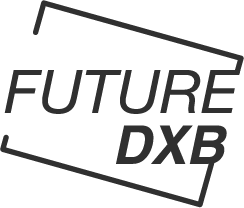Combining Android software and Pixel hardware divisions to enhance AI integration

Google announced on Thursday that it will be combining its software division responsible for Android mobile software and the Chrome browser with the hardware division known for Pixel smartphones and Fitbit wearables. This move is part of a larger strategy to integrate artificial intelligence more extensively throughout the company.
In a letter to employees, Google CEO Sundar Pichai explained that these changes will “turbocharge the Android and Chrome ecosystems” while fostering innovation. The decision will place both operations under the oversight of Rick Osterloh, a Google executive who previously led the company’s hardware group.
Previously, Google had kept Android development separate from the hardware division to prevent giving its phone designers an unfair advantage over other major smartphone manufacturers using Android. However, in recent years, Google has positioned the Pixel as a flagship device for showcasing the power of AI and has focused on integrating AI features into its hardware and software.
Rick Osterloh highlighted the increasing importance of AI in phone technology, particularly in features like the Pixel camera, which leverages AI for enhanced photo quality. Osterloh emphasized that combining teams will enable Google to accelerate the integration of AI into its products, citing the transformative impact of AI on user experiences.
Analysts have noted Google’s strategic shift towards dominating the AI landscape, positioning the company to lead the emerging AI economy across consumer and enterprise markets. Despite the reorganization, Hiroshi Lockheimer, chief of Google’s software division, will be transitioning to other projects, according to Pichai’s letter. However, both Lockheimer and Osterloh emphasized that these changes are not the result of a power struggle.
Google is also restructuring its AI research and responsibility groups, with a focus on expanding AI capabilities across its product lines. These changes are expected to drive further innovation and solidify Google’s position as a leader in AI technology.

